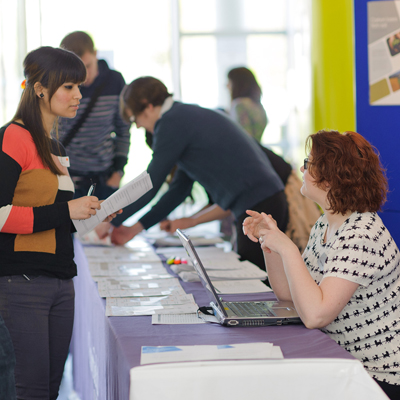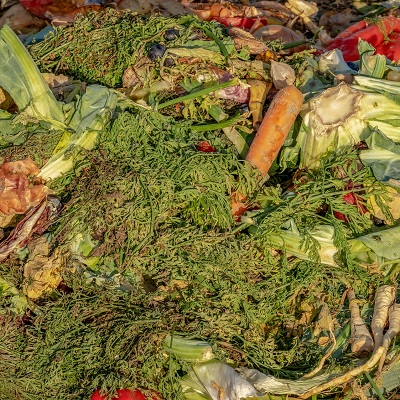Cranfield academics have responded to today’s report ‘Land use: Policies for a Net Zero UK’, by the UK’s independent Committee on Climate Change. The report presents a number of suggested measures to reduce emissions in England, Scotland, Wales and Northern Ireland.
On water consumption
Professor Tim Hess, Professor of Water and Food Systems at Cranfield University, said: “There are lots of good reasons to eat less meat - especially to reduce greenhouse gas emissions and for health reasons - and although it would reduce water consumption that is only part of the story. If we ate less meat, we would inevitably substitute it with more fruit and vegetables.
“In the UK, we import more than 65% of our fruit and vegetables, often from highly stressed water environments such as Spain, Morocco and South Africa. A large-scale increase in fruit and vegetable consumption within the UK is likely to add to the water stress on these nations, unless UK eating habits change to fruit and vegetables that can be grown domestically. If we could switch the UK consumer from avocado to turnips, for example, then the impact on water resources would be minimal.
“Most of the "water consumption" in the production of UK meat is rain-fed grass and cereals for grazing and fodder. The water is mostly "green" water that cannot be directed to other uses, only other land uses. For the UK, 76% of the freshwater consumed in the supply of fresh fruit and vegetables come from overseas, from water stressed locations. So, we would be replacing green water consumed in the UK with blue water from water-scarce countries.”
On food waste
Professor Leon A. Terry, Director of Environment and Agrifood, at Cranfield University and co-lead of the new BBSRC Quality and Food Loss Network, said: “We can do so much more to reduce food waste, through postharvest science and application of technology in the food supply chain. The new BBSRC Quality and Food Loss Network will play a vital role in helping the UK’s understand how it can meet and exceed its targets for food waste reduction by bringing together the UK’s leading scientists and industry.”
On land use
Dr Adrian Williams, Reader in Environmental Systems at Cranfield University, said: “It’s vital that we understand how any shift in diet affects the whole lifecycle. From our previous work with similar dietary changes, this would mean a significant change in UK land use. A major reduction in red meat and dairy would release large amounts of UK grassland from livestock production and increase the need for more cropland. This could possibly be achieved by the conversion of rotational grassland areas.
“However, the balance of land use is critical. UK grazing land currently stores huge amounts of carbon in the underlying soil. These stocks must be conserved to avoid large emissions of carbon dioxide and nitrous oxide by the wrong choice of use and management. The changes suggested for the sheep and cattle sectors need very careful handling to avoid unexpected negative effects. Hence policies to support change must be supportive and nuanced.”
On biodiversity
Professor Jim Harris, Professor of Environmental Technology at Cranfield University, said: “This is a complex global issue, and the status quo isn’t sustainable, but an understanding of the whole socio-economic-ecological system is critical here. A clear plan for sequestering carbon, through nature-based solutions along the land use gradient, through regenerative agriculture and ecological restoration. This way we achieve a win-win, carbon removed from the atmosphere coupled with reversing the alarming losses in biodiversity we have seen for some time.
“This “net environmental gain” approach will invest in Natural Capital, and secure increased ecosystem services upon which we depend as a species, and will fulfil our obligations nationally as laid out in the Governments 25 Year Environment Plan, and internationally with the UN’s recent declaration 2021-2030 as "The UN Decade of Ecological Restoration”.
About Cranfield University
Cranfield University is a specialist postgraduate university that is a global leader for education and transformational research in technology and management.







